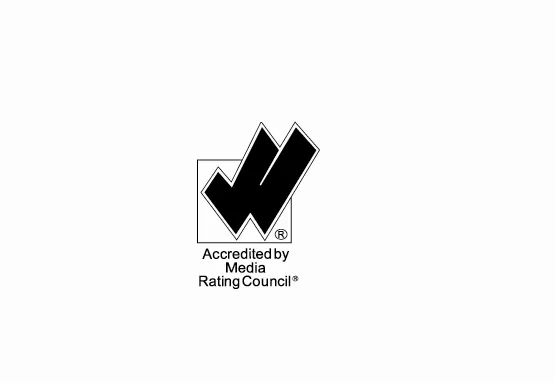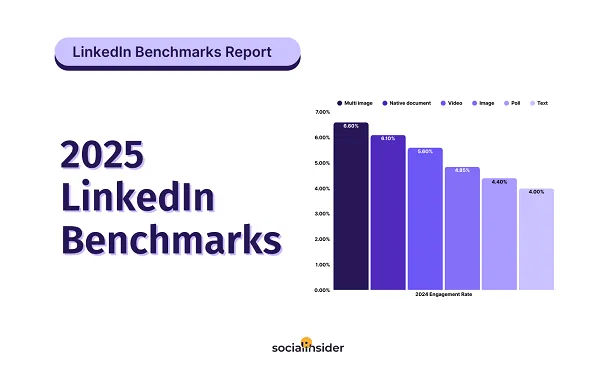5 signs you’re being talked over in meetings, and how to stop it for good
You’re mid-sentence in a meeting, sharing an idea or outlining a strategy you’ve been thinking through for weeks—then it happens. Someone jumps in, cuts you off, and shifts the conversation. You fade out while they take the spotlight. It’s frustrating—but even more so when it’s subtle. Maybe you weren’t shouted over, but you were redirected, ignored, or sidelined. Over time, it takes a toll on confidence, clarity, and leadership presence. So how do you know it’s happening—and how do you stop it? Here are five signs you’re being talked over in meetings, plus practical strategies to reclaim your voice and authority. 1. You’re constantly “circling back” to what you were saying. If you often hear yourself say, “As I was saying earlier,” or, “Just to finish that thought,” you’re probably being interrupted more than you realize. These polite reentries signal you’ve been cut off—and trained to work around it. What to do: Don’t just circle back—own the space. Use direct language. “I’d like to finish my point before we move on,” or, “I wasn’t finished with that thought—let me complete it.” It’s not rude. It’s reclaiming your airtime. 2. You’re the idea originator—but someone else gets the credit. You suggest something early in the meeting. Ten minutes later, someone repeats it—and suddenly it’s a brilliant new direction. This isn’t just annoying—it’s a visibility issue. What to do: Speak up—gracefully but clearly. Stating, “Thanks for building on my idea from earlier,” signals ownership without confrontation. And when others do this to your colleagues, amplify them too. It builds a culture of mutual respect. 3. You’re interrupted before you finish a full sentence. This one is easy to spot—but easy to dismiss. If you rarely get through your full thought before someone else jumps in, you’ve been conditioned to shrink your communication. You may start to self-edit, speak faster, or say less. What to do: Pause, then continue. “I’d like to finish my point,” is powerful and direct. And don’t speed up or apologize. Take your time. If someone consistently interrupts you, address it privately: “I’ve noticed I’m often cut off mid-thought. Can we be more mindful of giving each other space?” 4. Your contributions get ignored until they come from someone else. You bring a new perspective. Silence. Later, a colleague echoes it—and gets enthusiastic agreement. This isn’t your imagination. What to do: Keep a strong, clear voice. “That’s similar to what I shared earlier—maybe we can build on that.” You can also enlist allies ahead of time to support your points, creating an environment where your voice is heard the first time. 5. You leave meetings feeling invisible—or exhausted. The biggest red flag is how you feel. If meetings leave you drained, frustrated, or questioning your value, it’s not about being too sensitive. It’s a sign your presence isn’t being respected—or that you’re overworking to be heard. What to do: Set boundaries and speak up. But also, reflect on the environments you’re in. Is this a meeting problem—or a culture problem? Change what you can, advocate when you need to, and know when it’s time to take your brilliance somewhere it’s truly valued. The bottom line Being interrupted or talked over in meetings isn’t just annoying—it’s a leadership issue. When your voice is minimized, so is your influence. These patterns are deeply embedded in workplace culture, but they aren’t unchangeable. Start with awareness. Add practical language. And remember: owning your voice is one of the most powerful leadership tools you have.

You’re mid-sentence in a meeting, sharing an idea or outlining a strategy you’ve been thinking through for weeks—then it happens. Someone jumps in, cuts you off, and shifts the conversation. You fade out while they take the spotlight.
It’s frustrating—but even more so when it’s subtle. Maybe you weren’t shouted over, but you were redirected, ignored, or sidelined. Over time, it takes a toll on confidence, clarity, and leadership presence.
So how do you know it’s happening—and how do you stop it? Here are five signs you’re being talked over in meetings, plus practical strategies to reclaim your voice and authority.
1. You’re constantly “circling back” to what you were saying.
If you often hear yourself say, “As I was saying earlier,” or, “Just to finish that thought,” you’re probably being interrupted more than you realize. These polite reentries signal you’ve been cut off—and trained to work around it.
What to do: Don’t just circle back—own the space. Use direct language. “I’d like to finish my point before we move on,” or, “I wasn’t finished with that thought—let me complete it.” It’s not rude. It’s reclaiming your airtime.
2. You’re the idea originator—but someone else gets the credit.
You suggest something early in the meeting. Ten minutes later, someone repeats it—and suddenly it’s a brilliant new direction. This isn’t just annoying—it’s a visibility issue.
What to do: Speak up—gracefully but clearly. Stating, “Thanks for building on my idea from earlier,” signals ownership without confrontation. And when others do this to your colleagues, amplify them too. It builds a culture of mutual respect.
3. You’re interrupted before you finish a full sentence.
This one is easy to spot—but easy to dismiss. If you rarely get through your full thought before someone else jumps in, you’ve been conditioned to shrink your communication. You may start to self-edit, speak faster, or say less.
What to do: Pause, then continue. “I’d like to finish my point,” is powerful and direct. And don’t speed up or apologize. Take your time. If someone consistently interrupts you, address it privately: “I’ve noticed I’m often cut off mid-thought. Can we be more mindful of giving each other space?”
4. Your contributions get ignored until they come from someone else.
You bring a new perspective. Silence. Later, a colleague echoes it—and gets enthusiastic agreement. This isn’t your imagination.
What to do: Keep a strong, clear voice. “That’s similar to what I shared earlier—maybe we can build on that.” You can also enlist allies ahead of time to support your points, creating an environment where your voice is heard the first time.
5. You leave meetings feeling invisible—or exhausted.
The biggest red flag is how you feel. If meetings leave you drained, frustrated, or questioning your value, it’s not about being too sensitive. It’s a sign your presence isn’t being respected—or that you’re overworking to be heard.
What to do: Set boundaries and speak up. But also, reflect on the environments you’re in. Is this a meeting problem—or a culture problem? Change what you can, advocate when you need to, and know when it’s time to take your brilliance somewhere it’s truly valued.
The bottom line
Being interrupted or talked over in meetings isn’t just annoying—it’s a leadership issue. When your voice is minimized, so is your influence. These patterns are deeply embedded in workplace culture, but they aren’t unchangeable. Start with awareness. Add practical language. And remember: owning your voice is one of the most powerful leadership tools you have.


























































































































































































![How to Find Low-Competition Keywords with Semrush [Super Easy]](https://static.semrush.com/blog/uploads/media/73/62/7362f16fb9e460b6d58ccc09b4a048b6/how-to-find-low-competition-keywords-sm.png)



